Members of the Pool of European Youth Researchers - untill 2025
Dragan Atanasov
youth work, youth policy, participation, volunteering
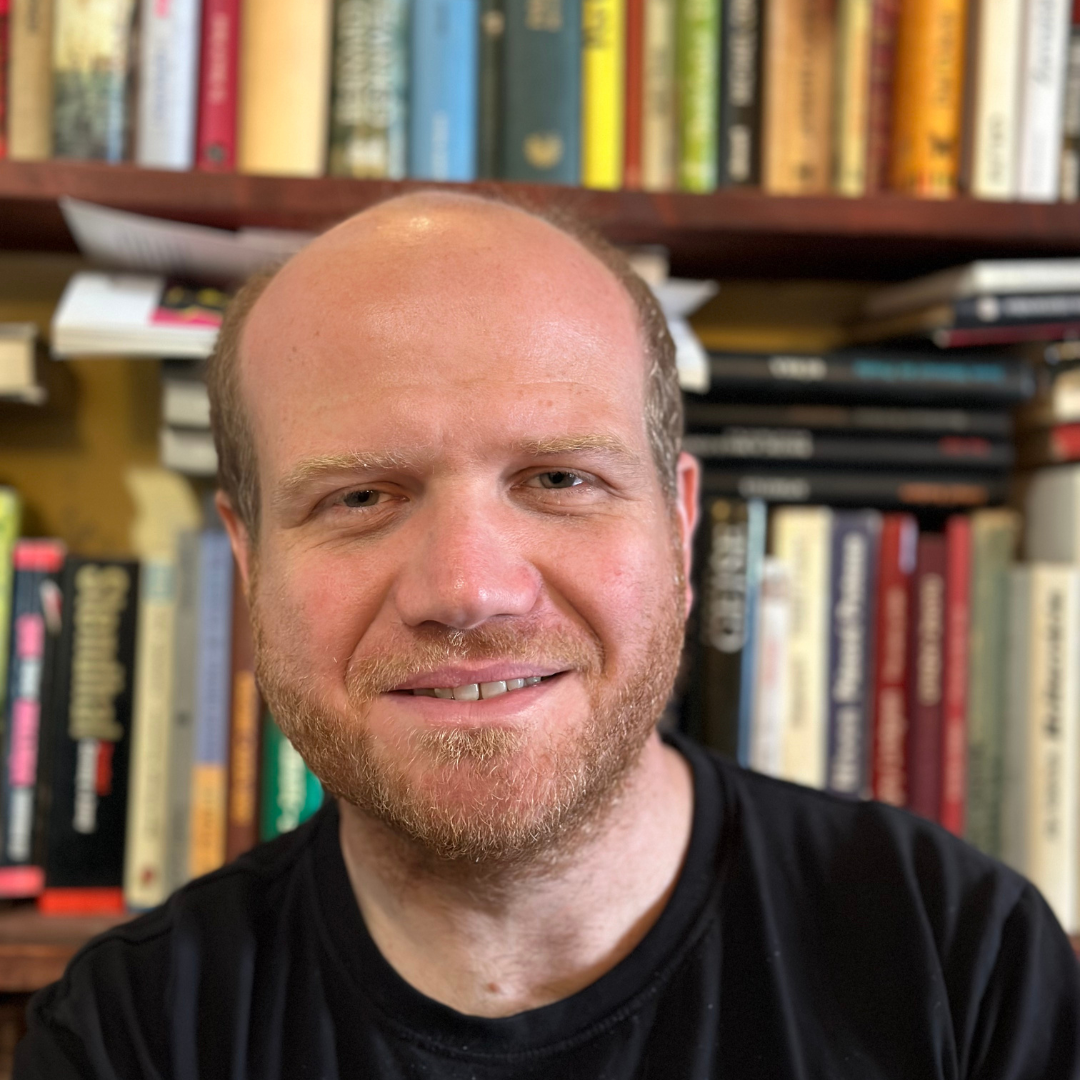
Ondřej Bárta
youth participation, youth policy, non-formal learning, evaluation and impact research, youth volunteering
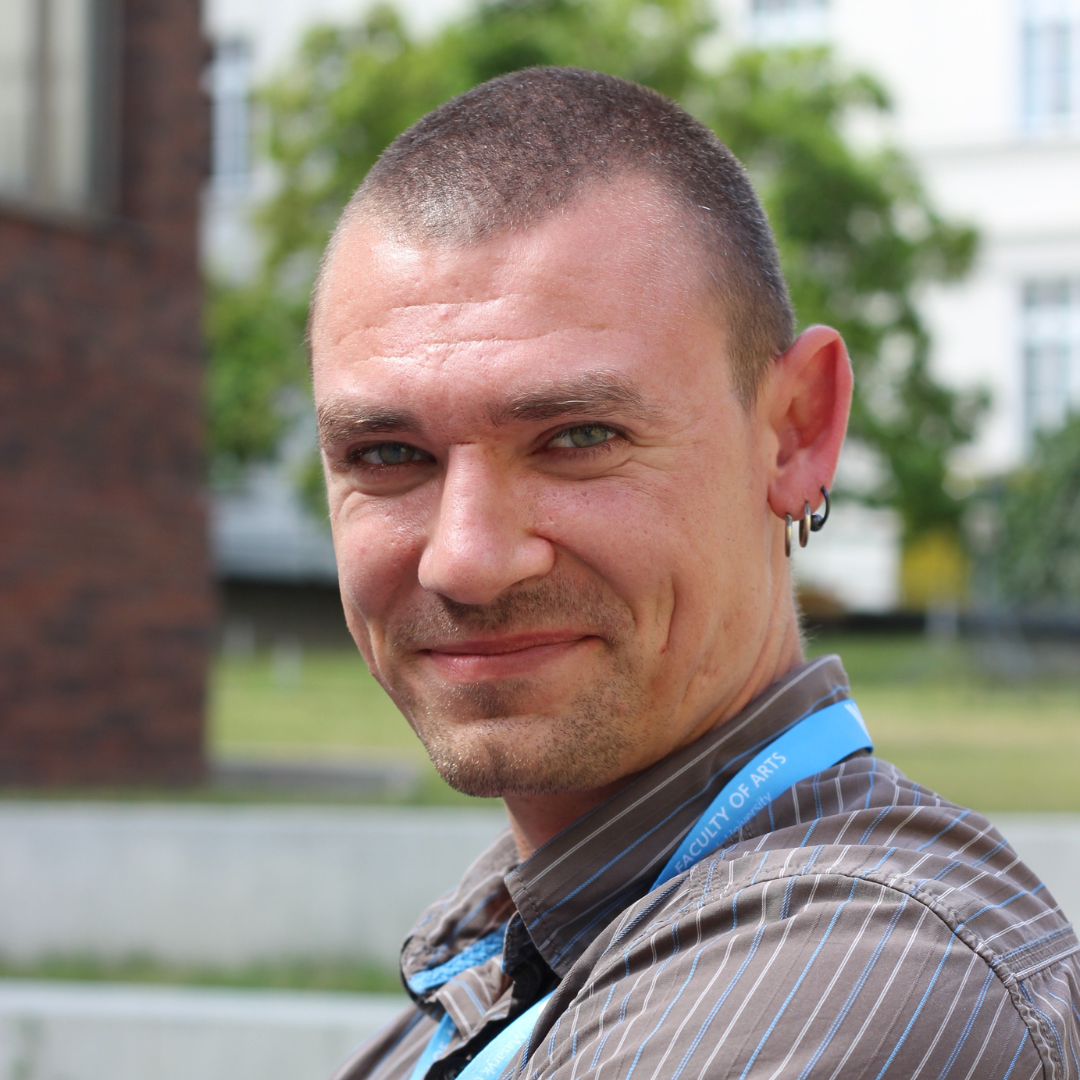
Samir Beharic
youth work, activism, youth policy, migration, student mobility, brain drain
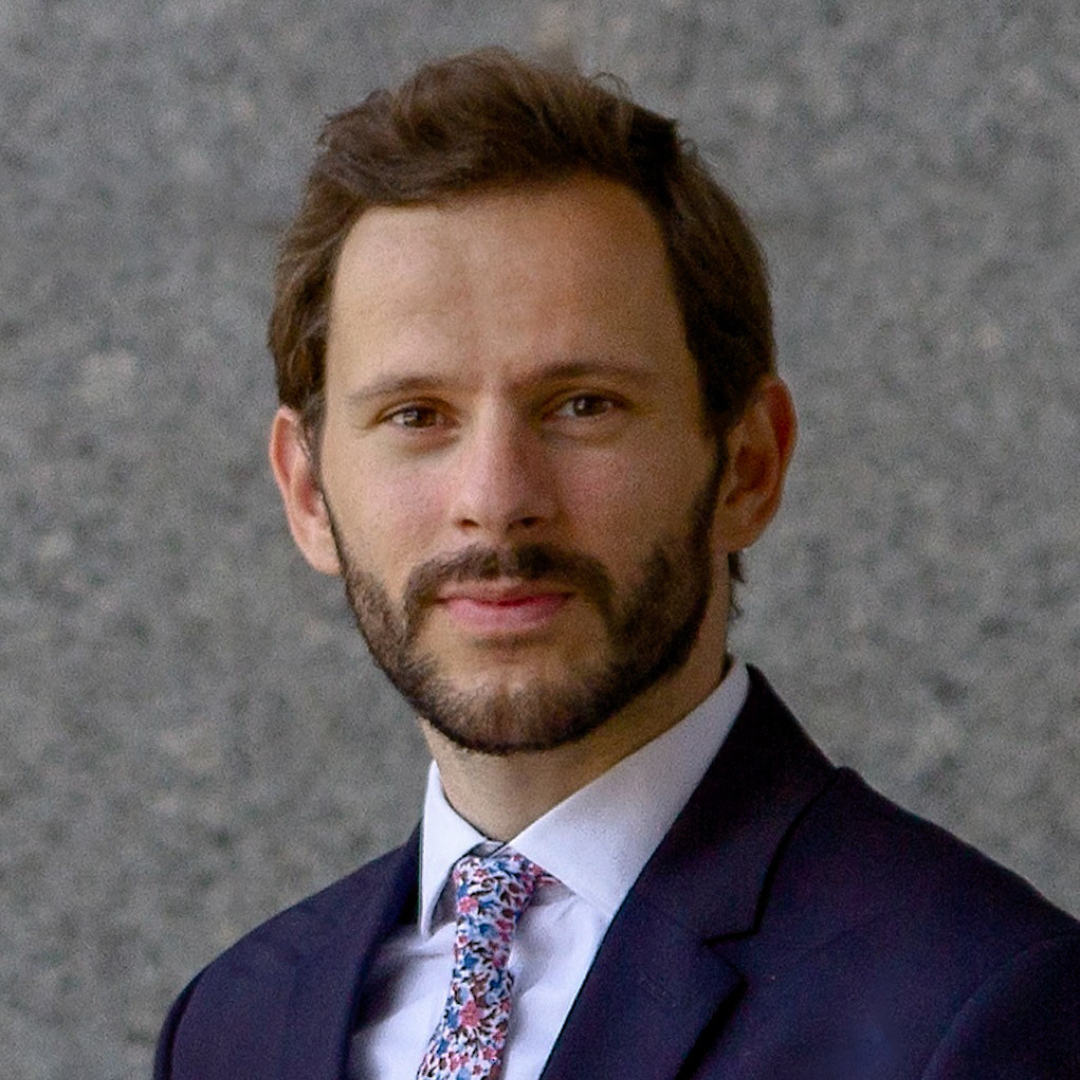
Anne-Cecile Caseau
inequalities, vulnerability, youth social policies, education, gender
Anne-Cécile is a researcher at the National Institute for Youth and Popular Education, based in Paris. Her work focuses on the vulnerable experiences of youth in France, through qualitative studies on student living conditions and access to housing. She holds a PhD in political science and gender studies from the University Paris 8, and her previous work has covered topics of migration, Roma rights, political participation, gender and precarious housing.
Igor Ciurea
participation, digitalisation, employment, entrepreneurship, youth work, volunteering
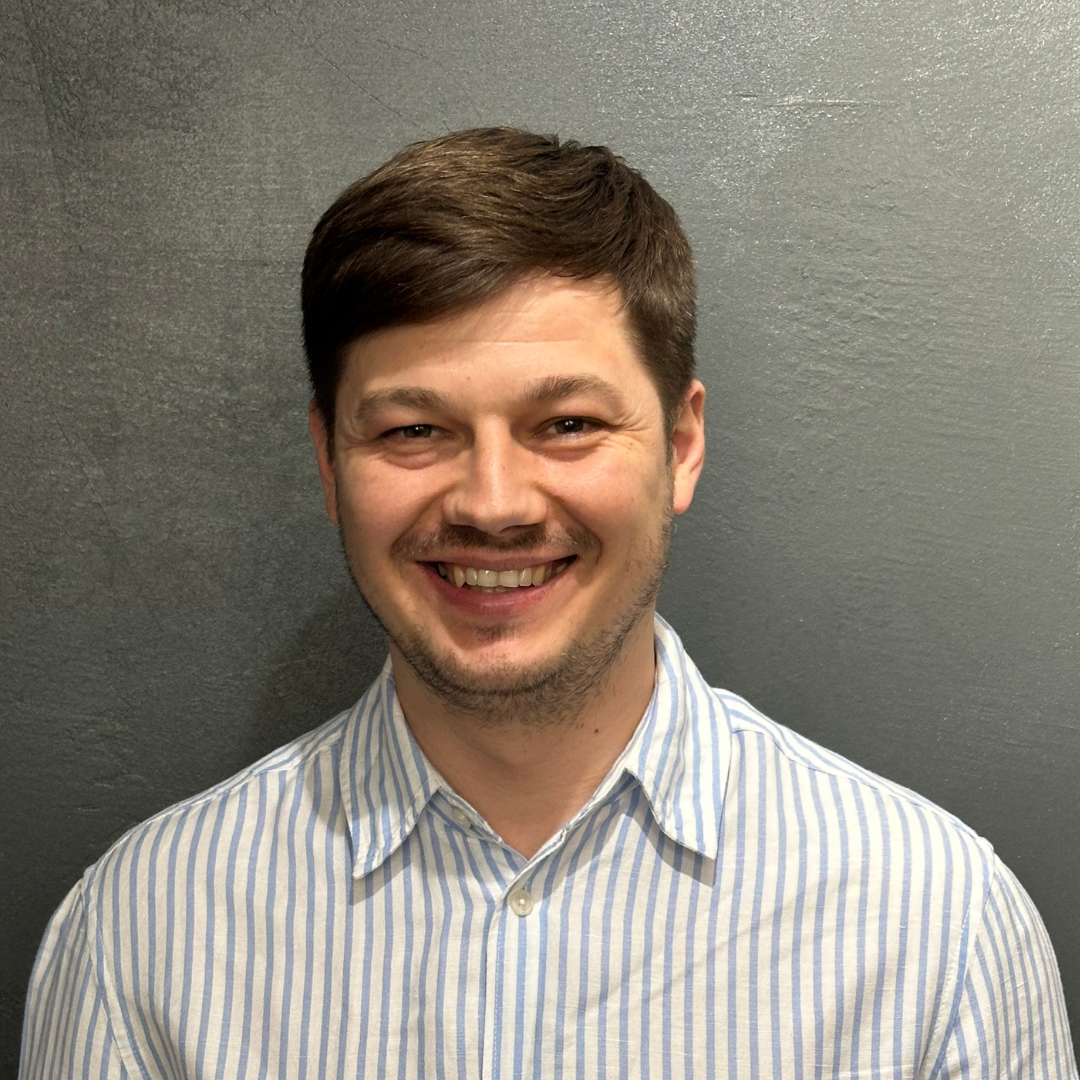
Tomaž Deželan
youth participation, youth citizenship, quality youth work, youth mainstreaming, youth policy
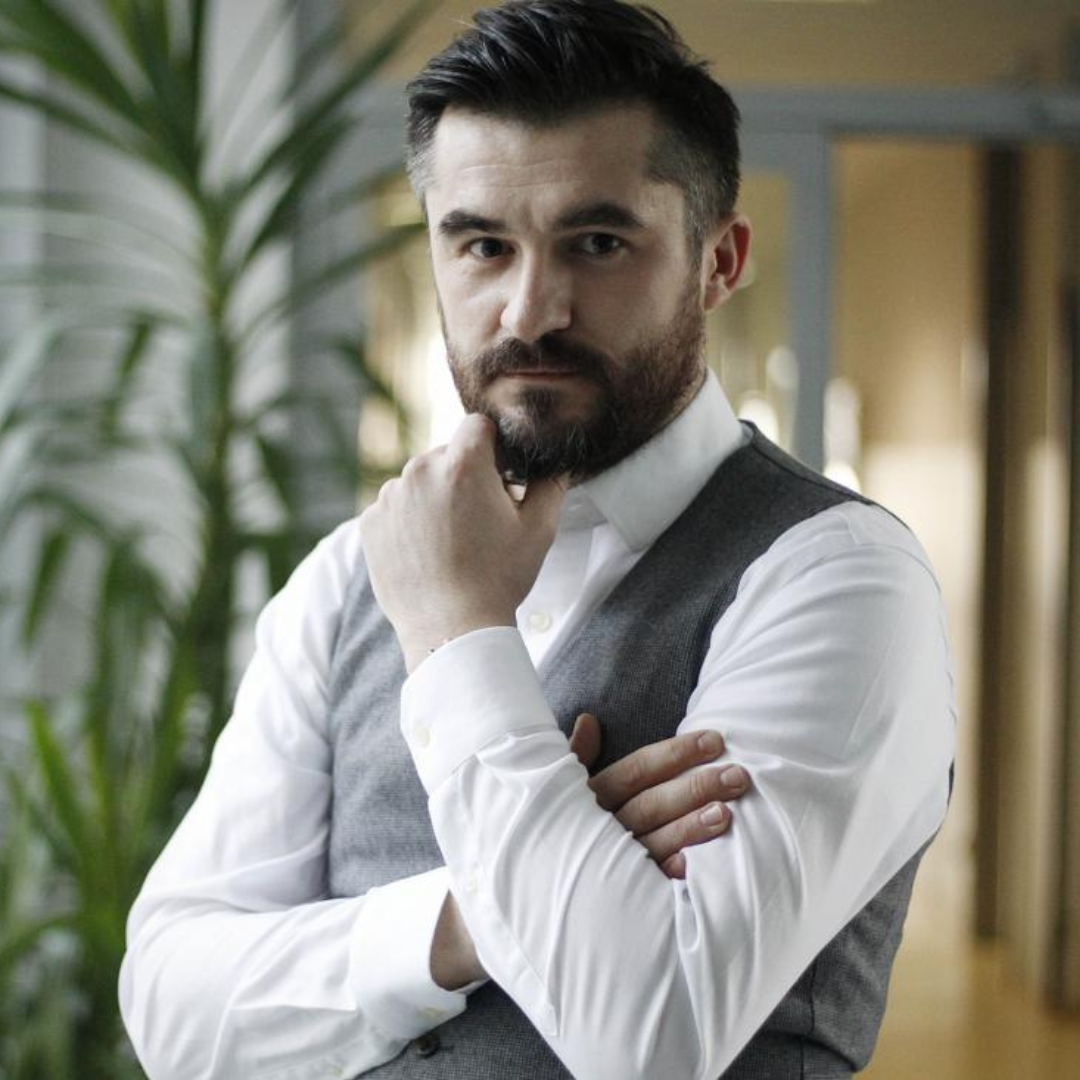
Salome Dolidze
participation, social inclusion, gender, migration, youth policy, youth organizations, youth transition to work
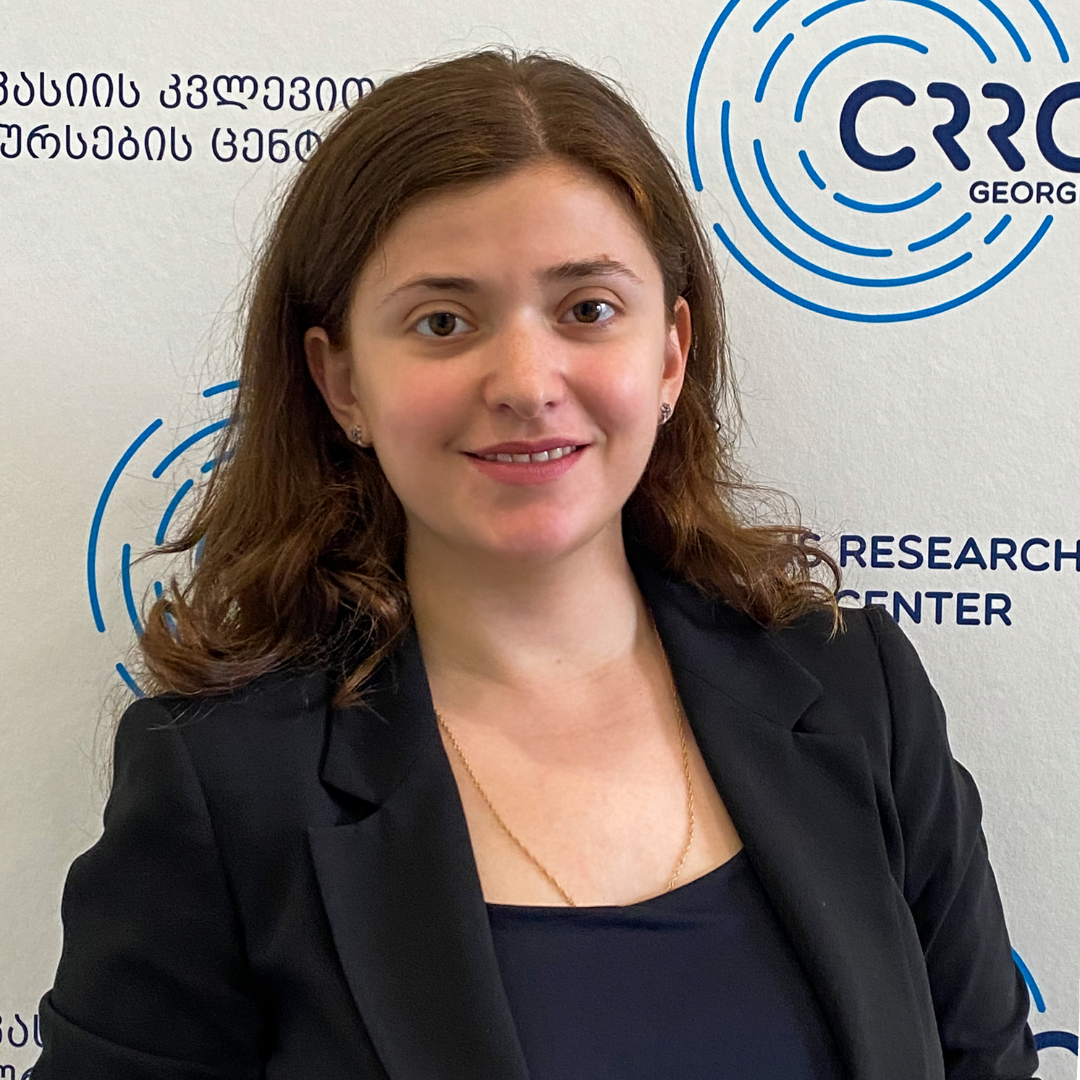
Ela S. Evliyaoğlu
mental health, youth participation, human-rights based psychology
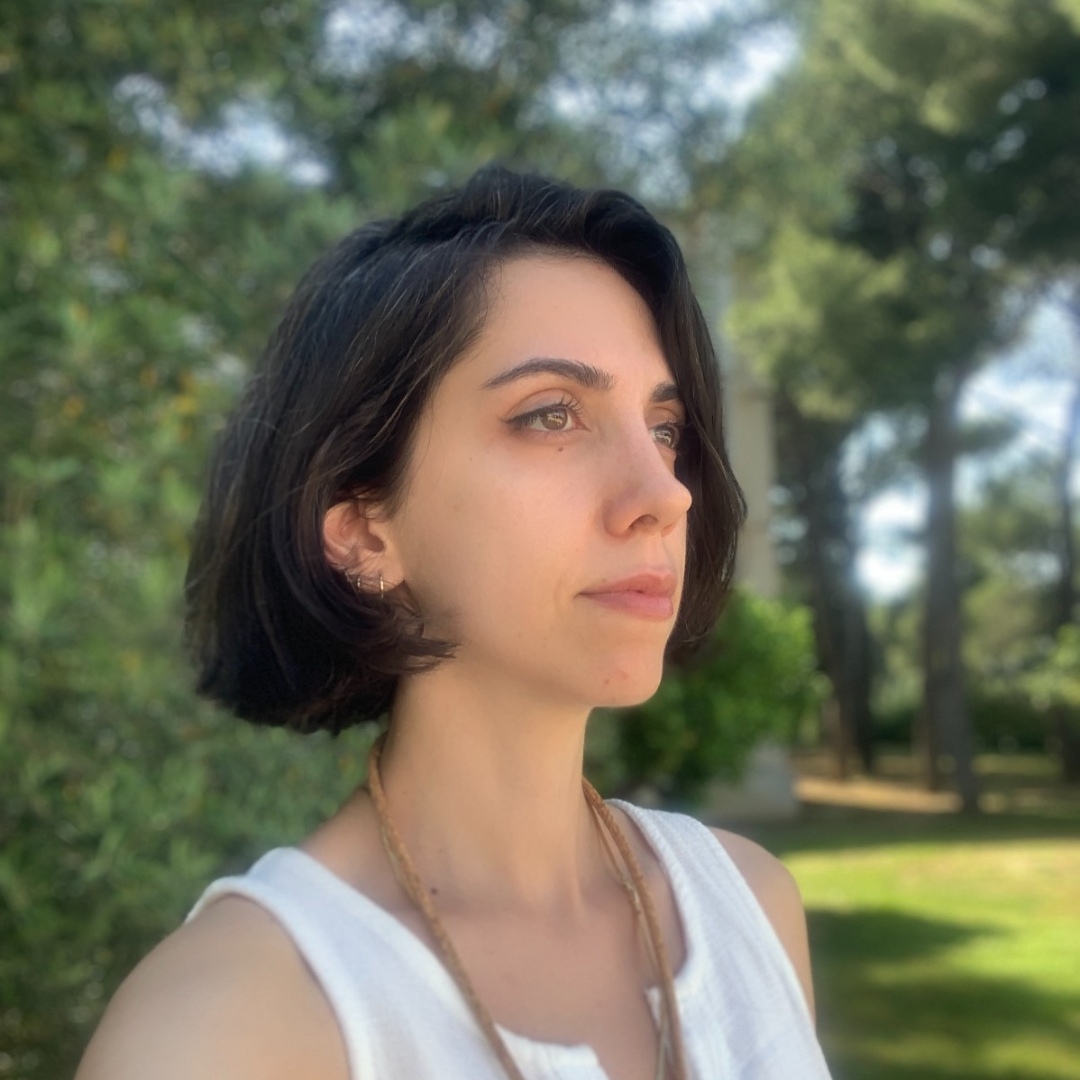
Teresa Ferreira
youth work, work and working conditions, mental health, youth Participation, youth policy
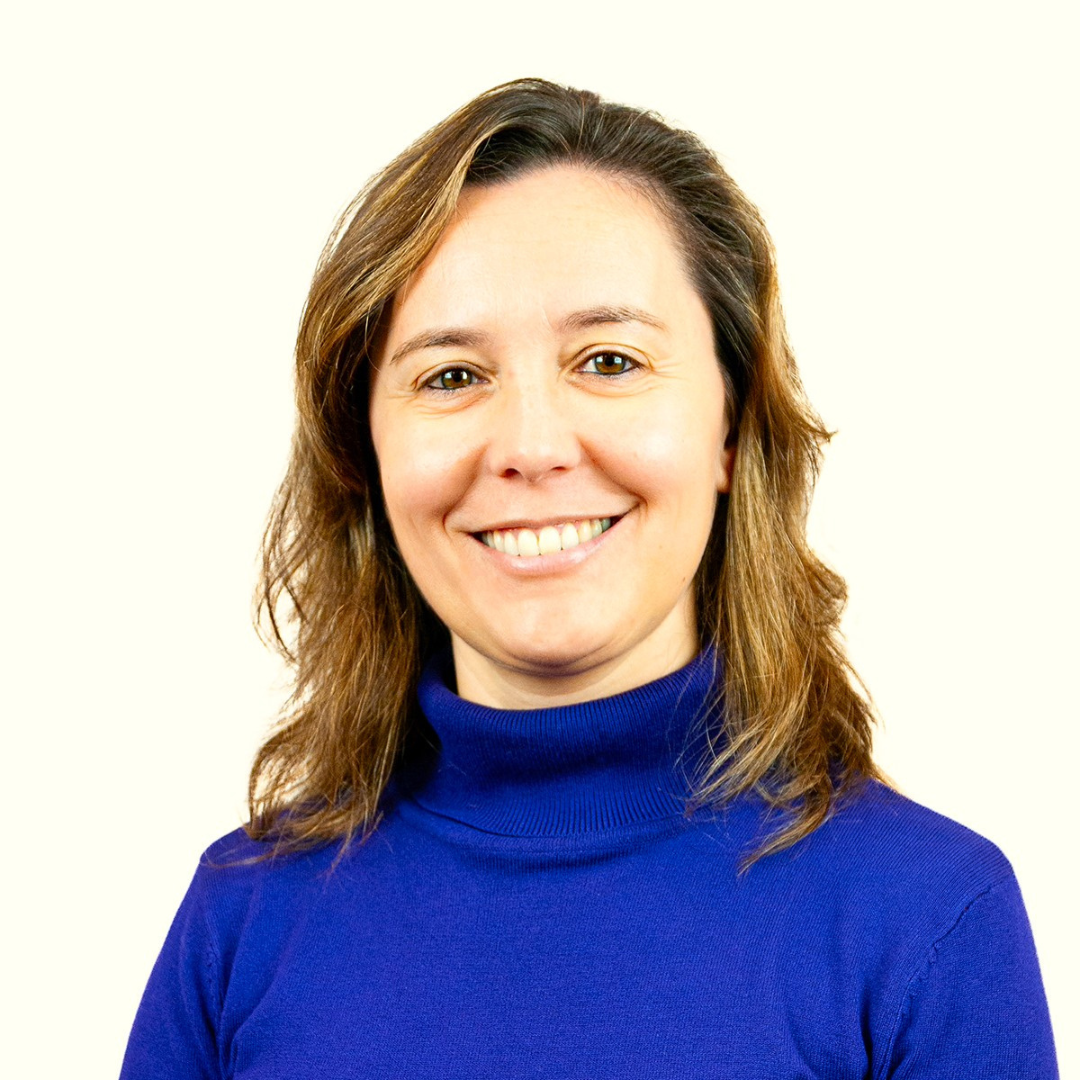
The most recent research study she was involved in was about young adults’ future concerns, mental health, and well-being during the lockdown in Portugal. As a PhD candidate in sociology, studying burnout in public institutions, addressing work and public organisation topics, she is particularly interested in working conditions and work-related suffering, from an organisational and structural perspective, and in its relations with mental health and overall well-being.
Martin Galevski
socio-political participation of youth, student agency, EU youth and education policies, youth mainstreaming, human capital, migration
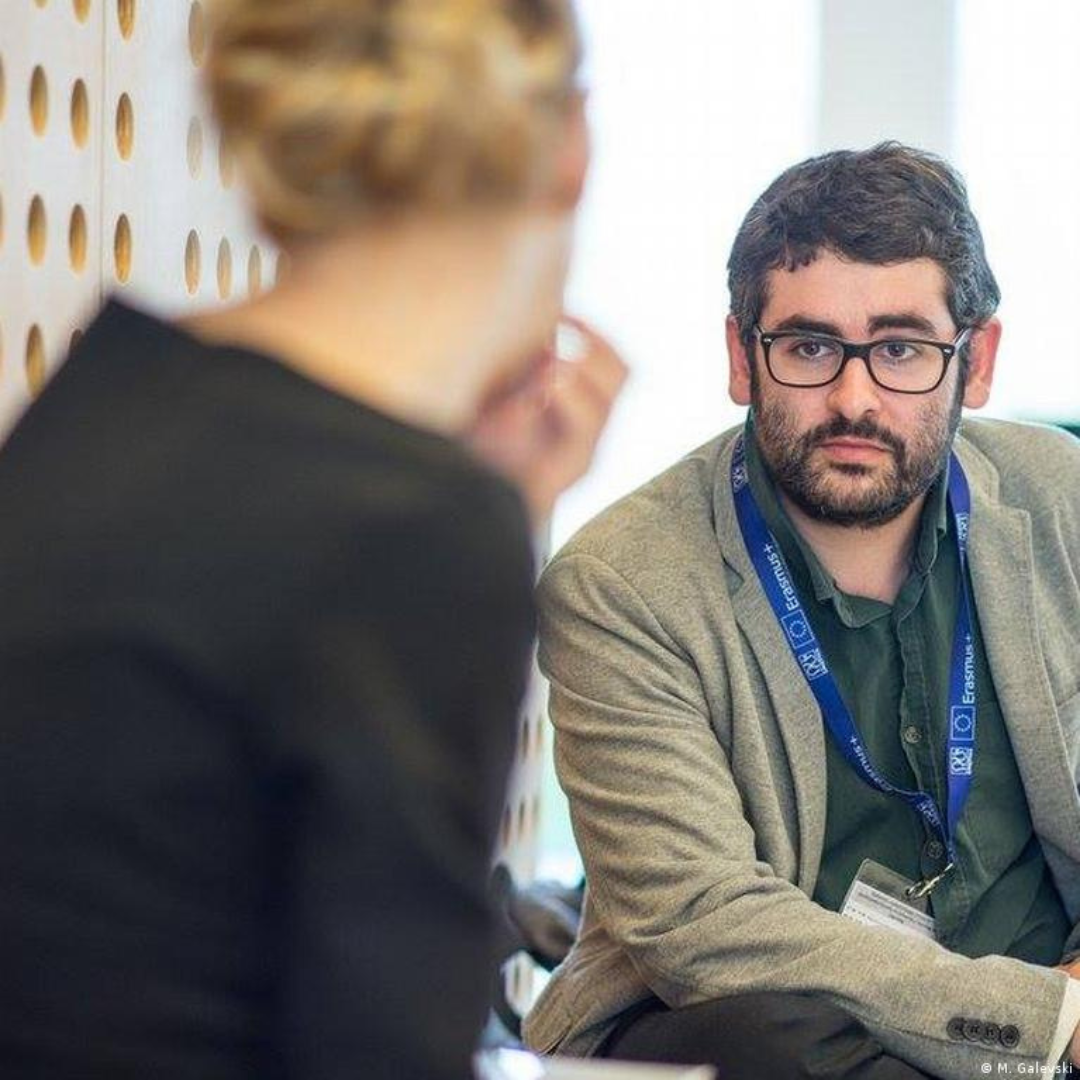
Federike Hofmann-van de Poll
European youth policy, multi-level and cross-sectoral governance, youth mainstreaming, youth work, participation and active citizenship
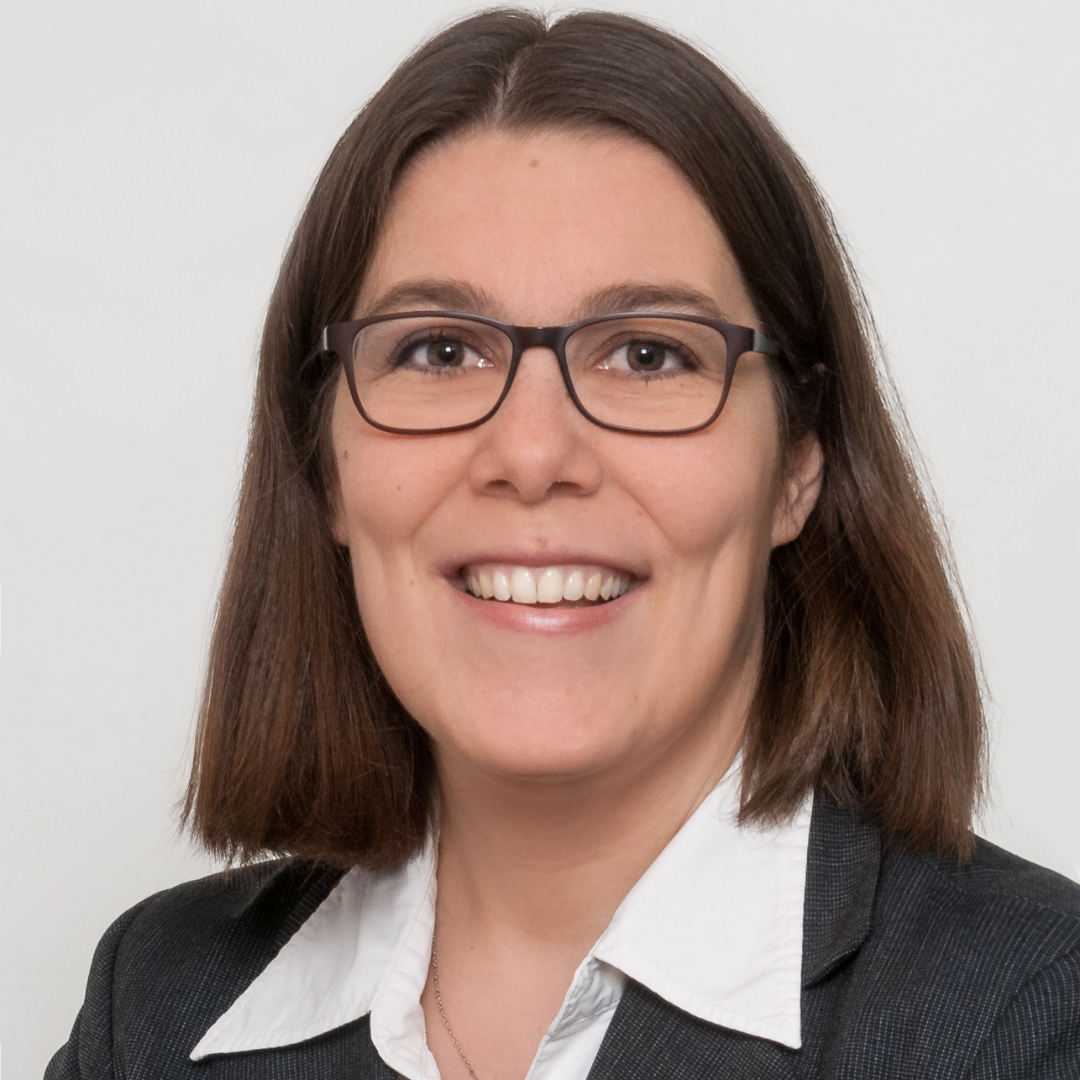
Dora Giannaki
youth radicalisation/delinquency, European youth policies, history of youth work, security and justice issues
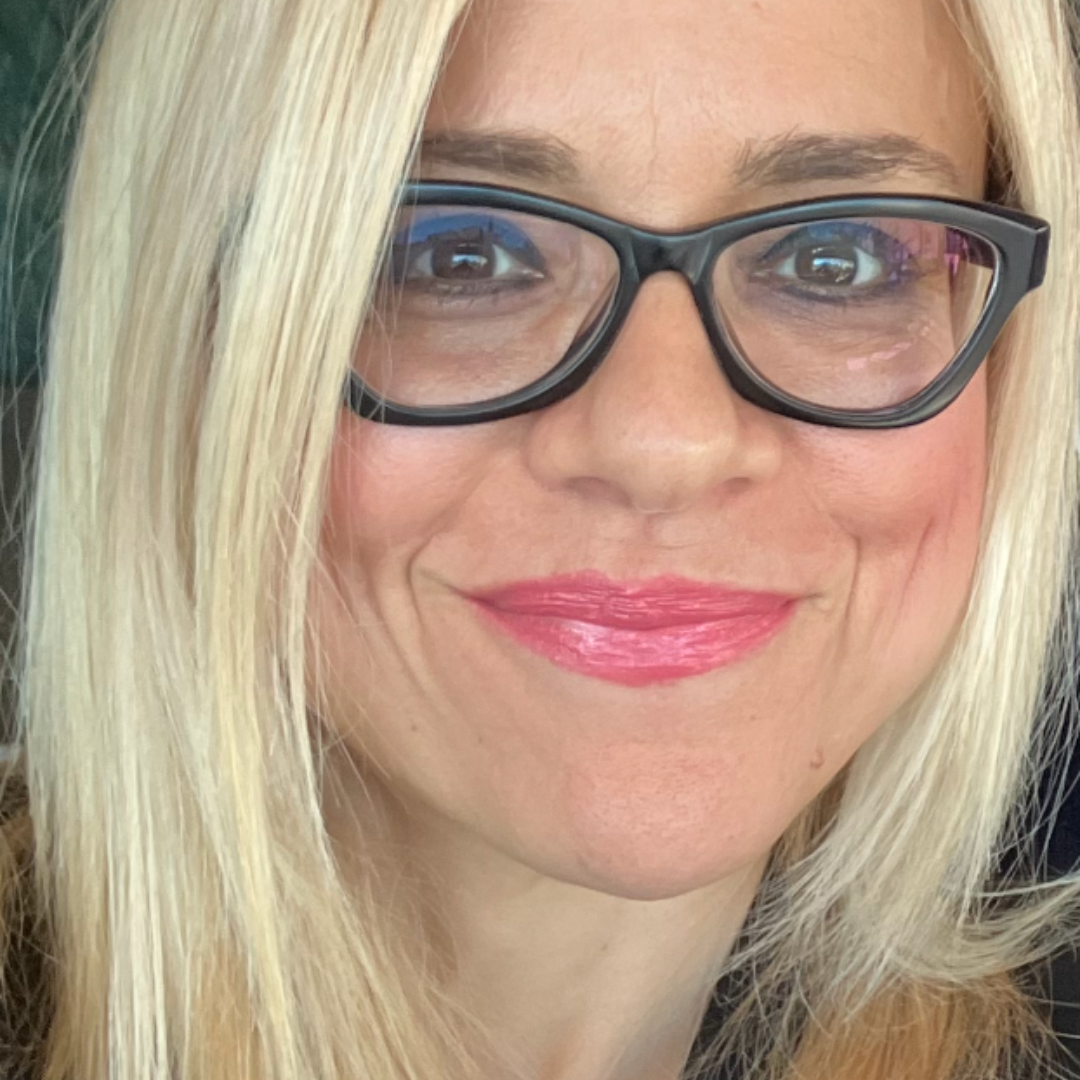
Enrique Hernández Diez
youth rights, youth participation, youth public law, youth policies, civil society, participatory democracy
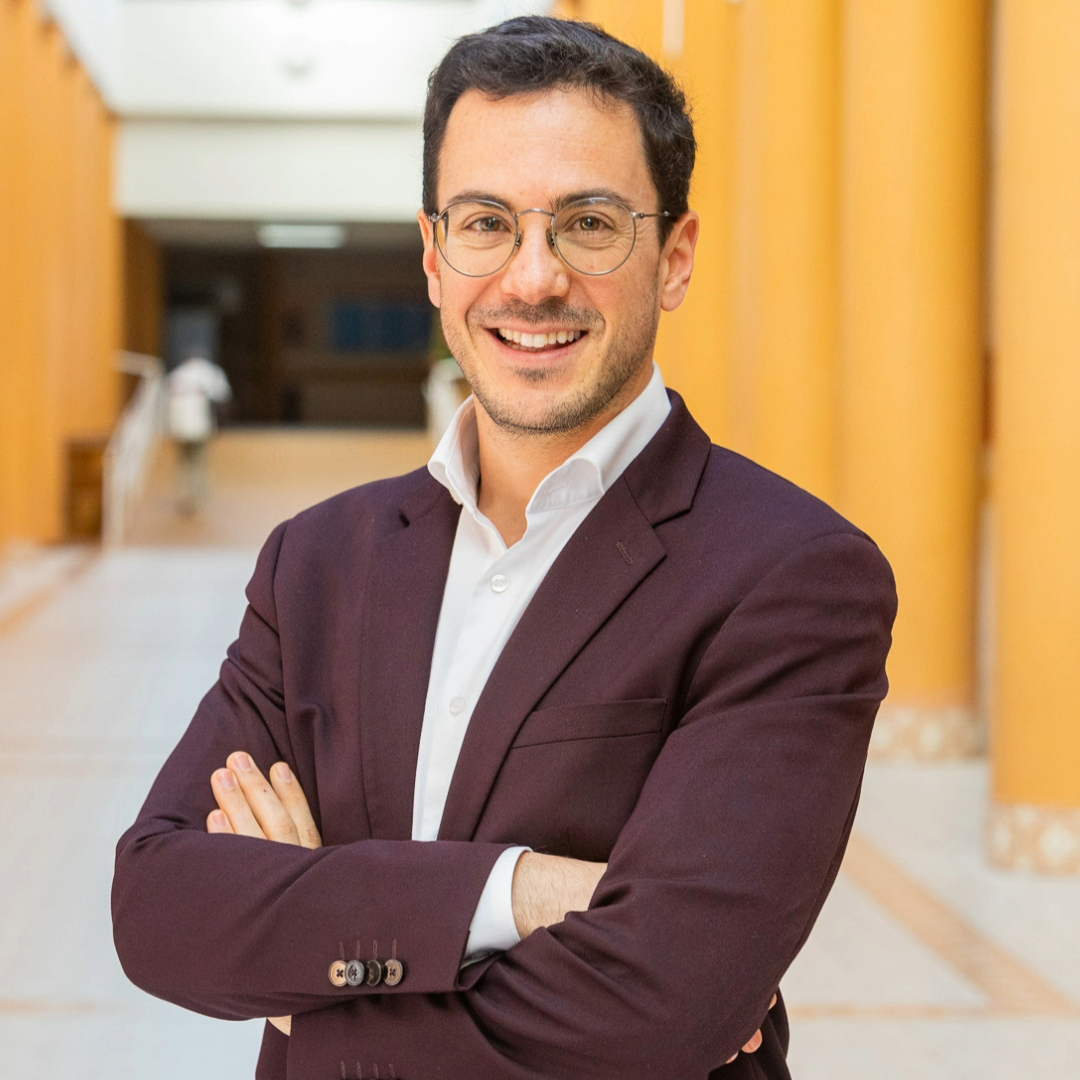
Gilda Isernia
student rights, labour rights, youth work, democracy and participation
Gilda holds a BA (Hons) in African Studies and Swahili at SOAS, University of London. She is based in Brussels, where she works for the Organising Bureau of European School Student Unions (OBESSU) as a projects and policy coordinator. Her research, focusing on democracy, student rights and youth work aims to support and strengthen the capacity of unions, social movements and similar structures in harnessing the power of collective organising for social change.
Etch Kalala
integrated youth policy, policy analysis, multi-level and transnational approach, comparative sociology, youth policy, youth work
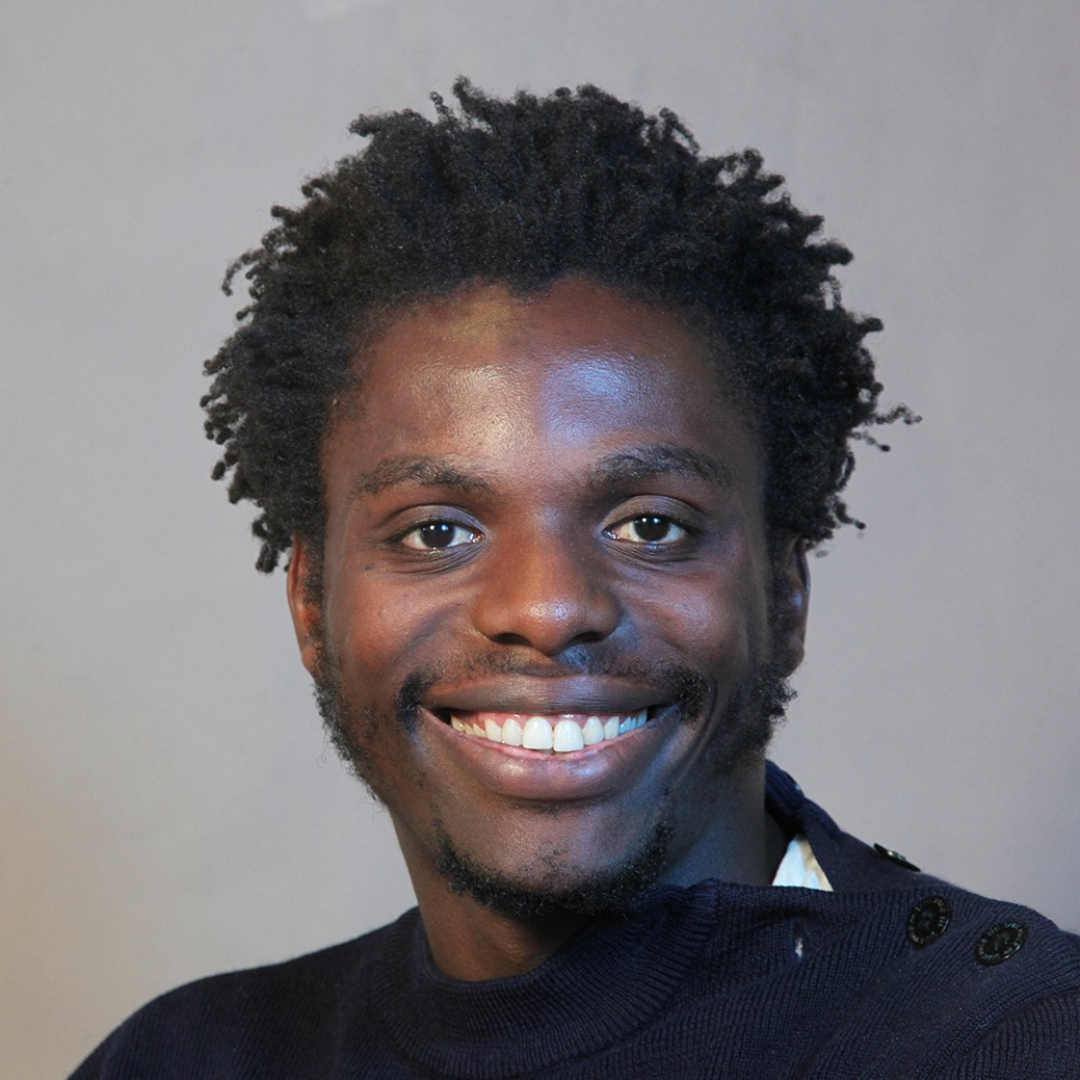
Marko Kovacic
European youth policy, youth work, civic education, non-formal youth participation
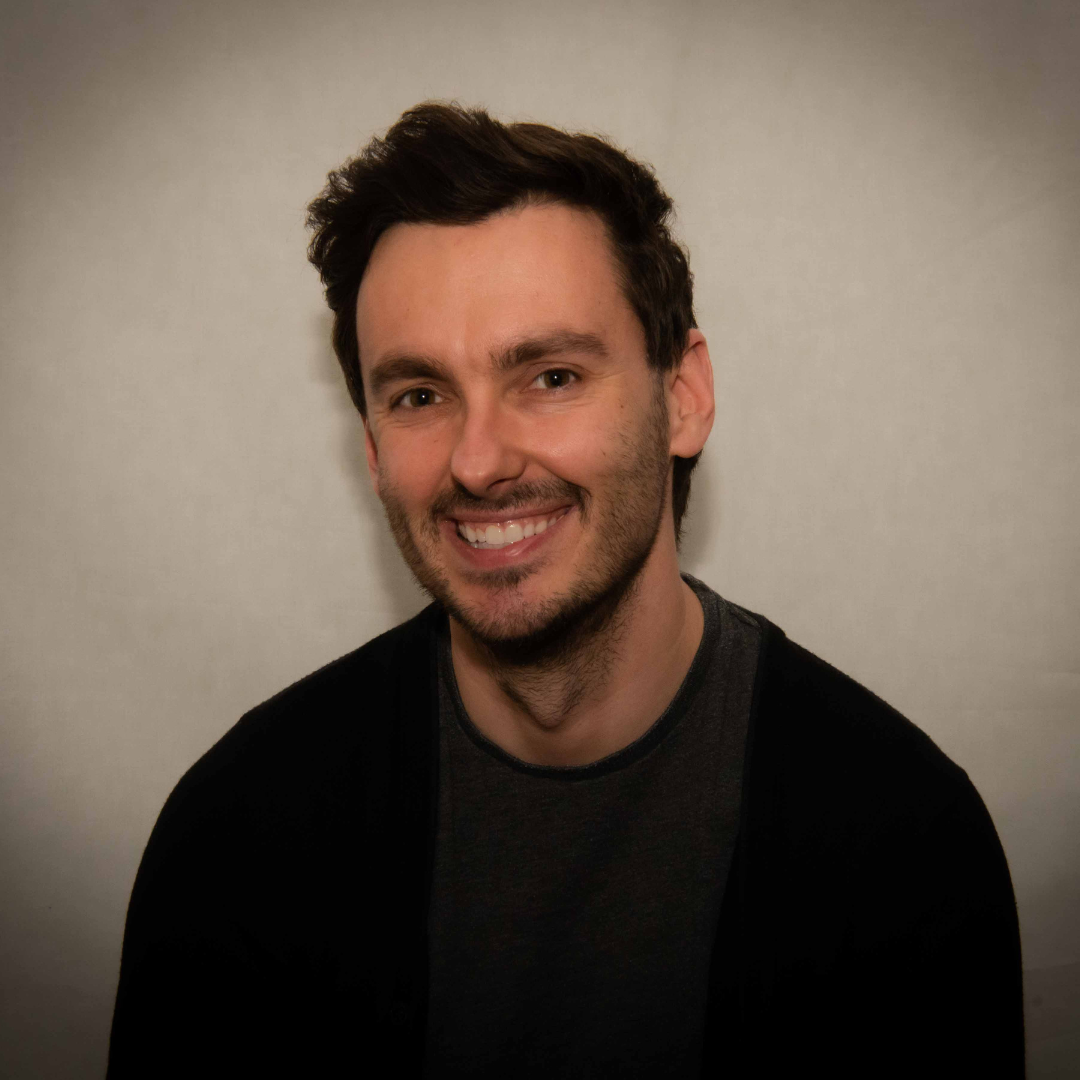
Sintija Lase
youth work, youth policy, nonformal education, digital youth work, entrepreneurship education
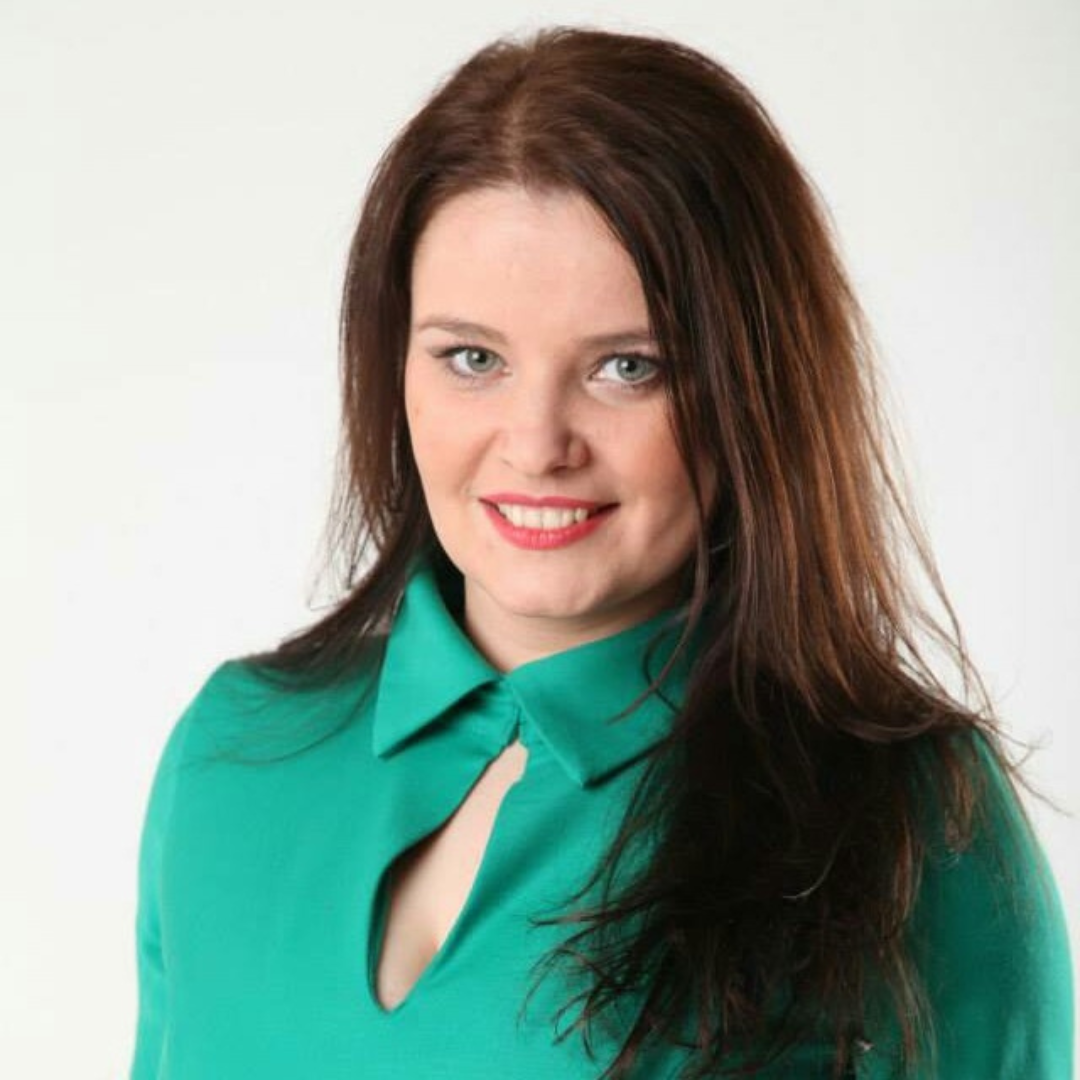
Anna Lavizzari
gender, political participation, activism, social inclusion
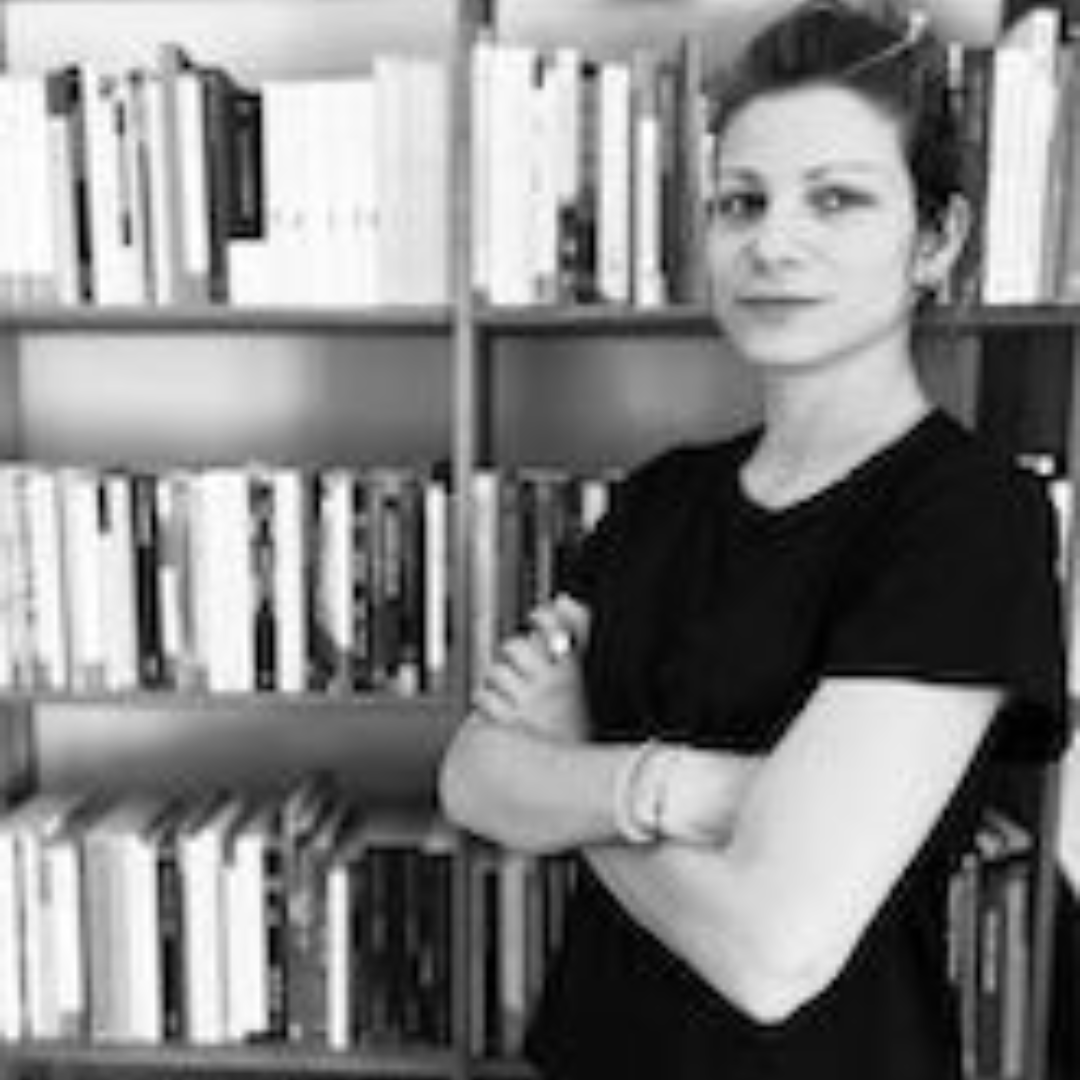
Irina Lonean
youth policy, youth mainstreaming, policy evaluation, youth test, inclusion, participation
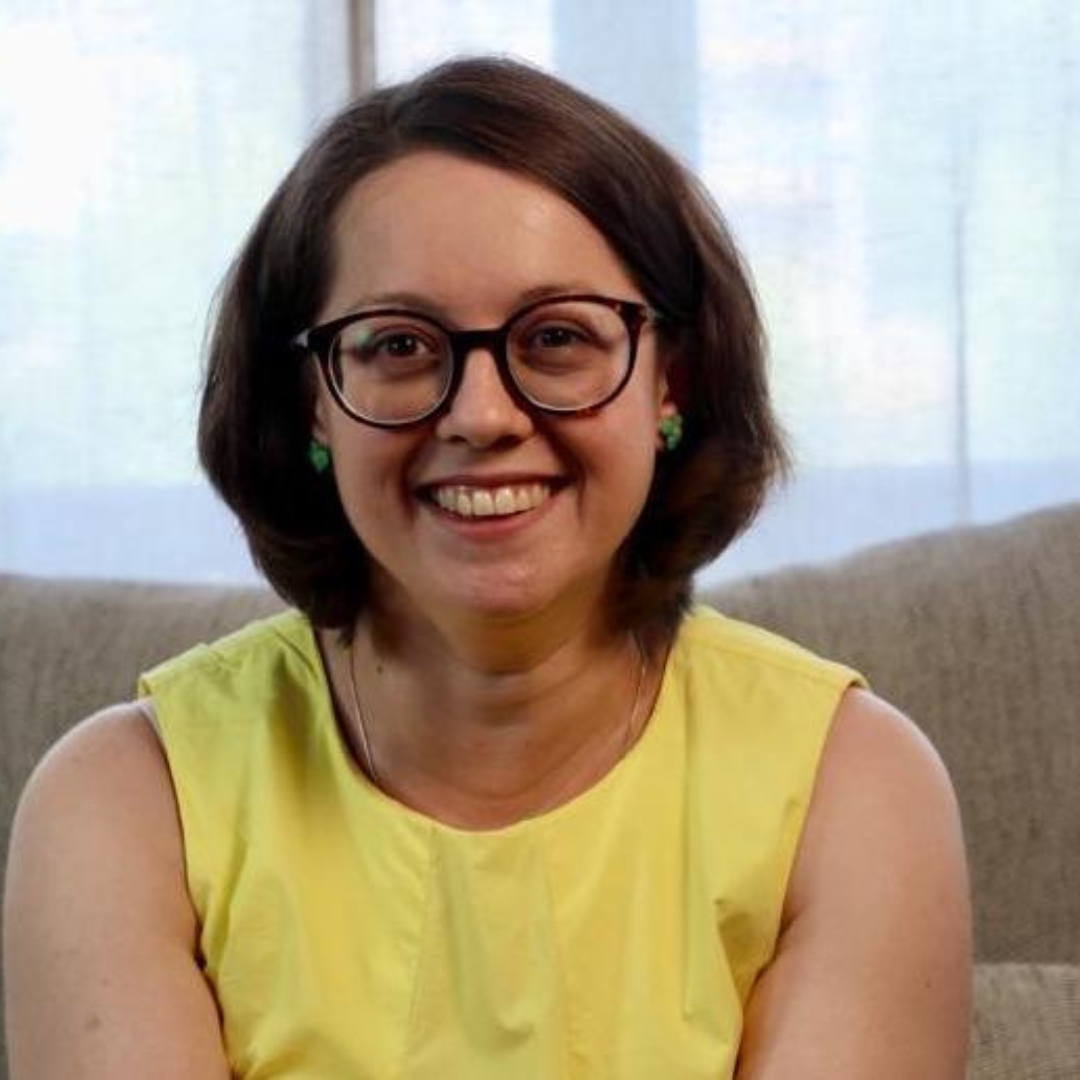
Sofia Magopoulou
participation, inclusive communities, bottom-up policy making, intersectionality

Vesela Mareva
youth work, youth policy, youth organisations, non-formal learning, youth participation
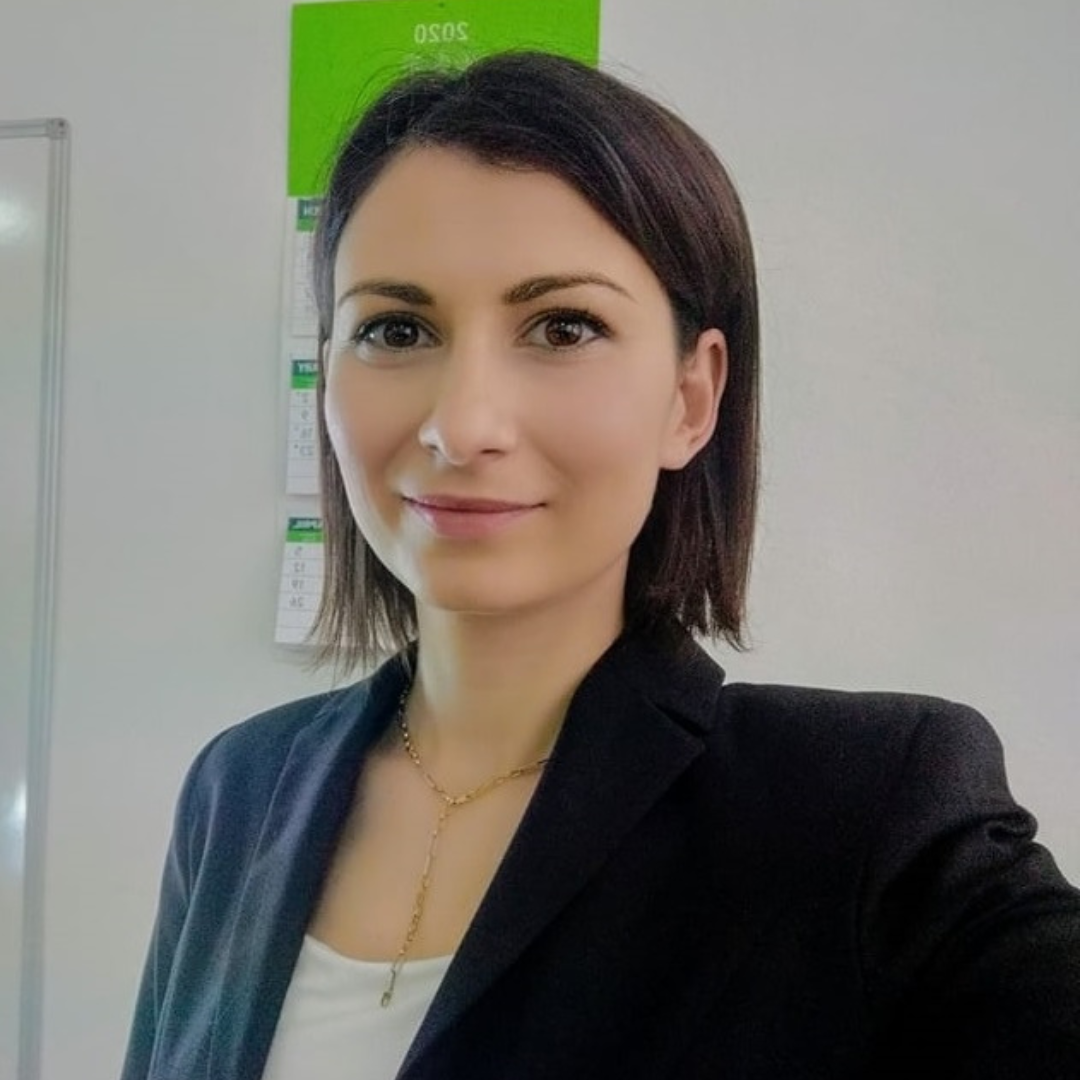
Tijana Milosevic
digitalisation and AI, mass media, technology and youth, youth policy, human rights education (dignity), participation and citizenship
Tijana's work centres on children and young people's digital media use and the implications for their dignity and well-being; as well as for digital policy, online safety and digital citizenship. Most recently, she examined Artificial Intelligence-based moderation on social media platforms, children and young people's perceptions of proactive moderation and how such technology impacts their rights. Her current focus is on developing a Dignity theory-based framework to understand young people's offline and online communication and relationships. She has researched online risks and harms, including cyberbullying, especially in the context of social media platforms' policies with respect to online safety. As part of the EU Kids Online research network, she conducted survey and qualitative research about children and young people's digital media use and how it affects their self-reported life satisfaction and well-being, among others topics.
Daniele Morciano
youth participation, youth work, youth-led innovation and change, evaluation research
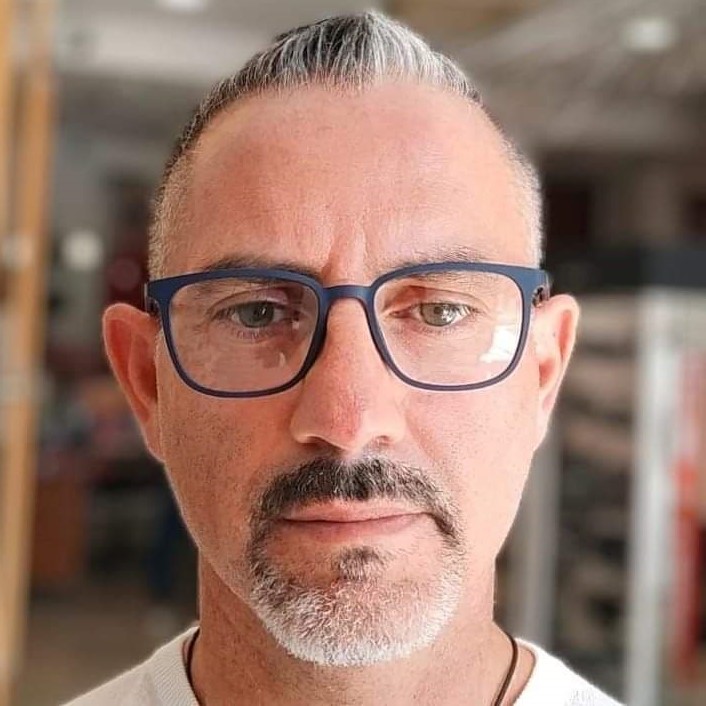
Dan Moxon
participation, social inclusion, youth policy, youth mainstreaming
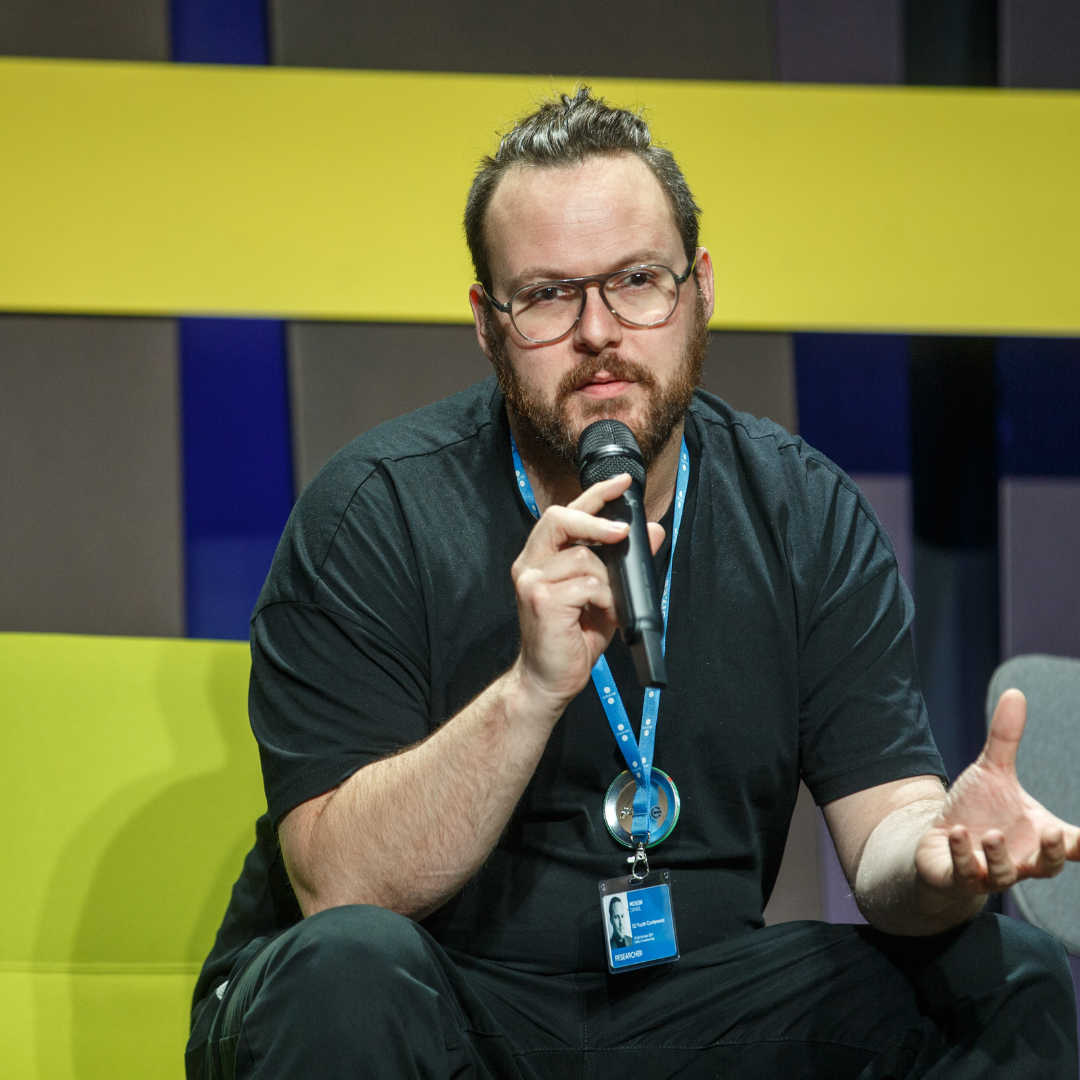
Gökay Özerim
migration, intercultural relations, gender, social development, student mobility
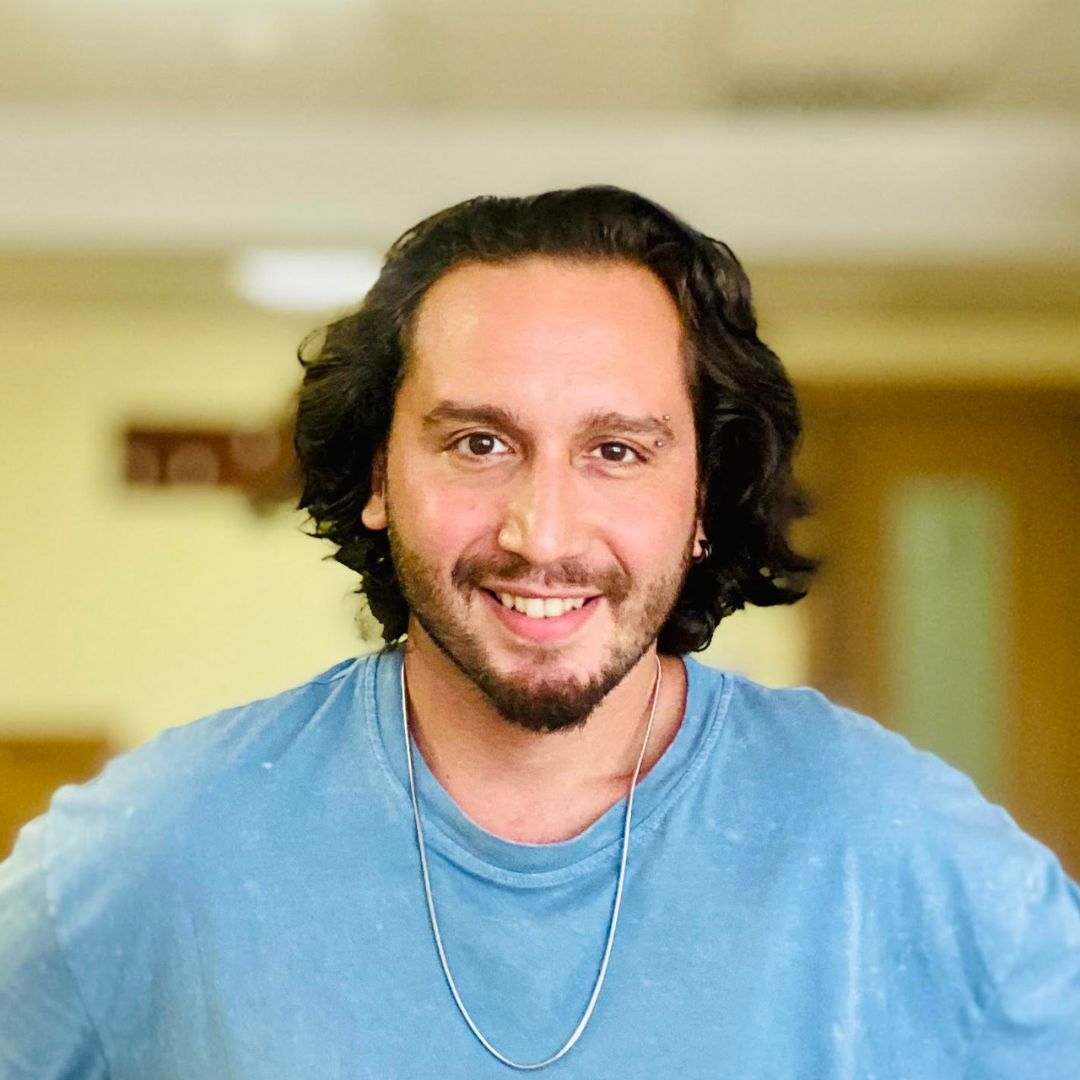
Nadiia Pavlyk
social pedagogy, non-formal education, research of youth, shared reading, wartime books for children and young people

Tuuli Pitkänen
mental health, addiction, services, well-being, youth perspective, digitalisation
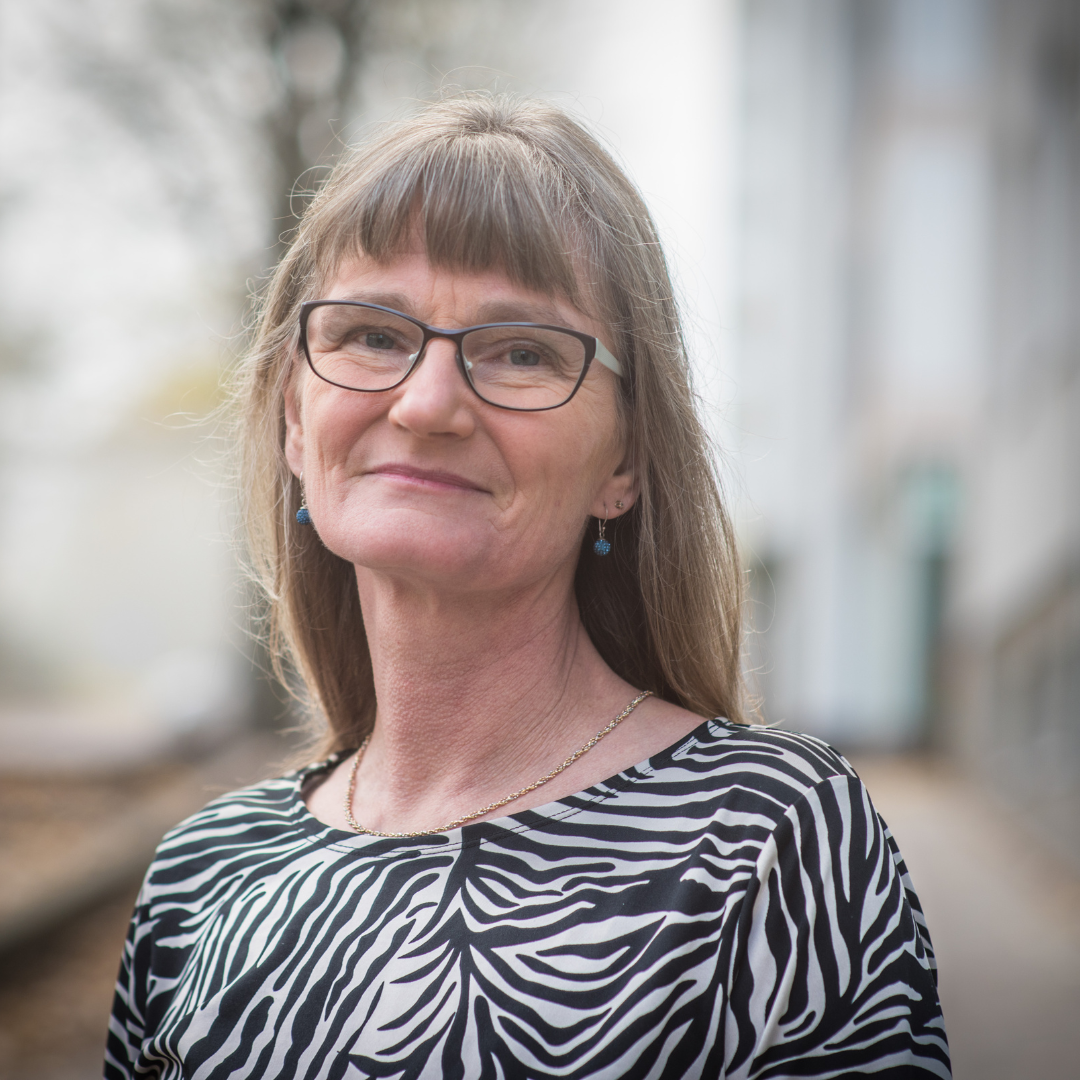
Francisco Simões
social development, social support, youth participation, youth policies, rural young people
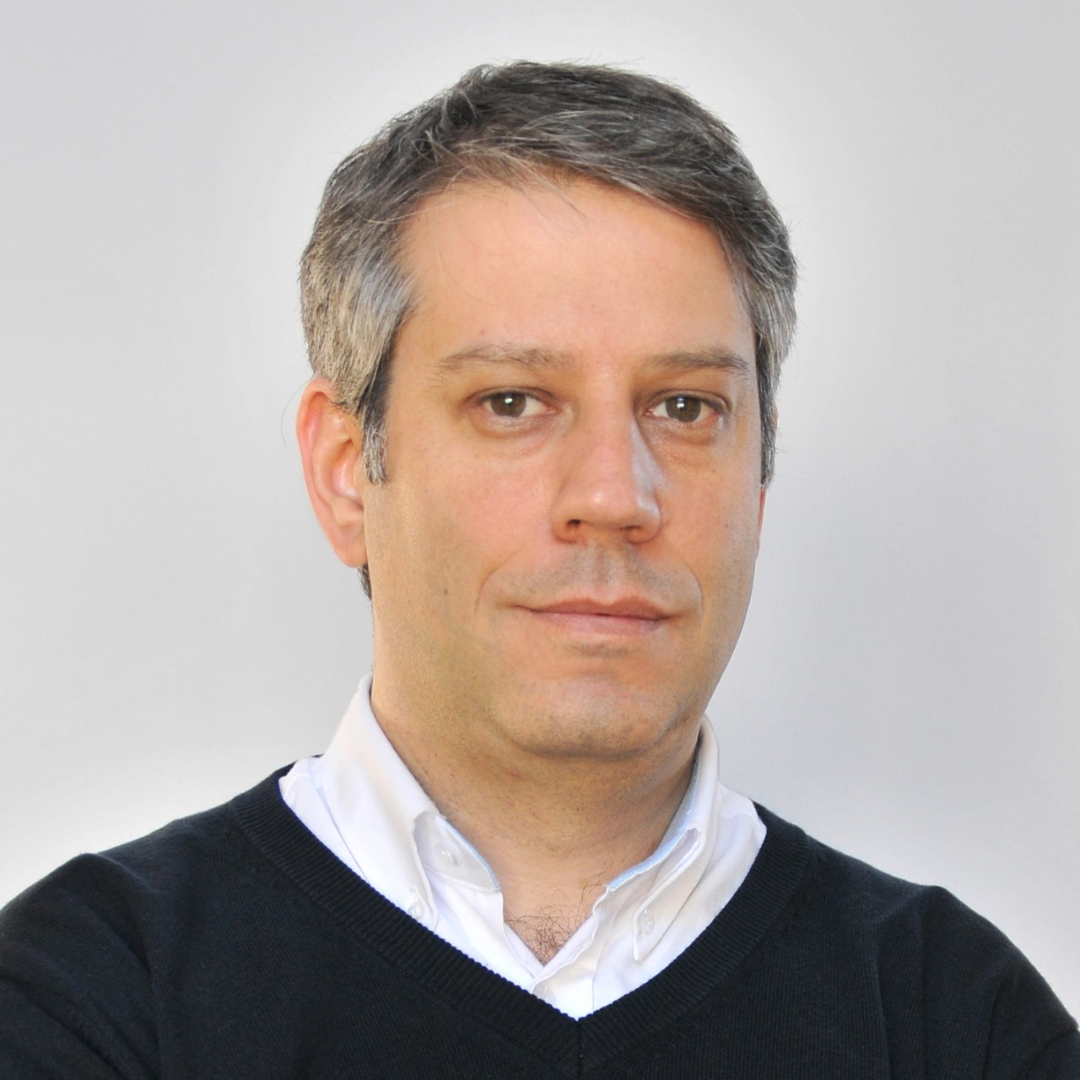
Bram Spruyt
intergroup relations, social identity, prejudice, survey research, social inequality

Amy Stapleton
transitions, participation, migration, social inclusion, youth work/ policy
Amy Stapleton ties an NGO practitioner background with her social research expertise which centres primarily on youth transitions/participation, migration, social inclusion, marginalisation, nonformal/human rights education, and youth policy/ work. Amy recently completed her PhD on the transition to adulthood of unaccompanied youth in the School of Social Work and Social Policy in Trinity College Dublin. Currently, Amy works within the Irish National Contact Point of the European Migration Network (EMN). For several years, Amy has worked as a project manager and researcher on several international, national and local commissioned projects, actively contributing to evidence based European policy making in the field of youth and migration. In addition to PEYR, Amy is also a member of the Council of Europe Youth Department Trainers Pool and the Council of Europe Youth for Democracy Project in Ukraine Researcher Pool.
Veronica Stefan
digital transformation, Artificial Intelligence, governance, competences and curriculum, cross-sectoral cooperation
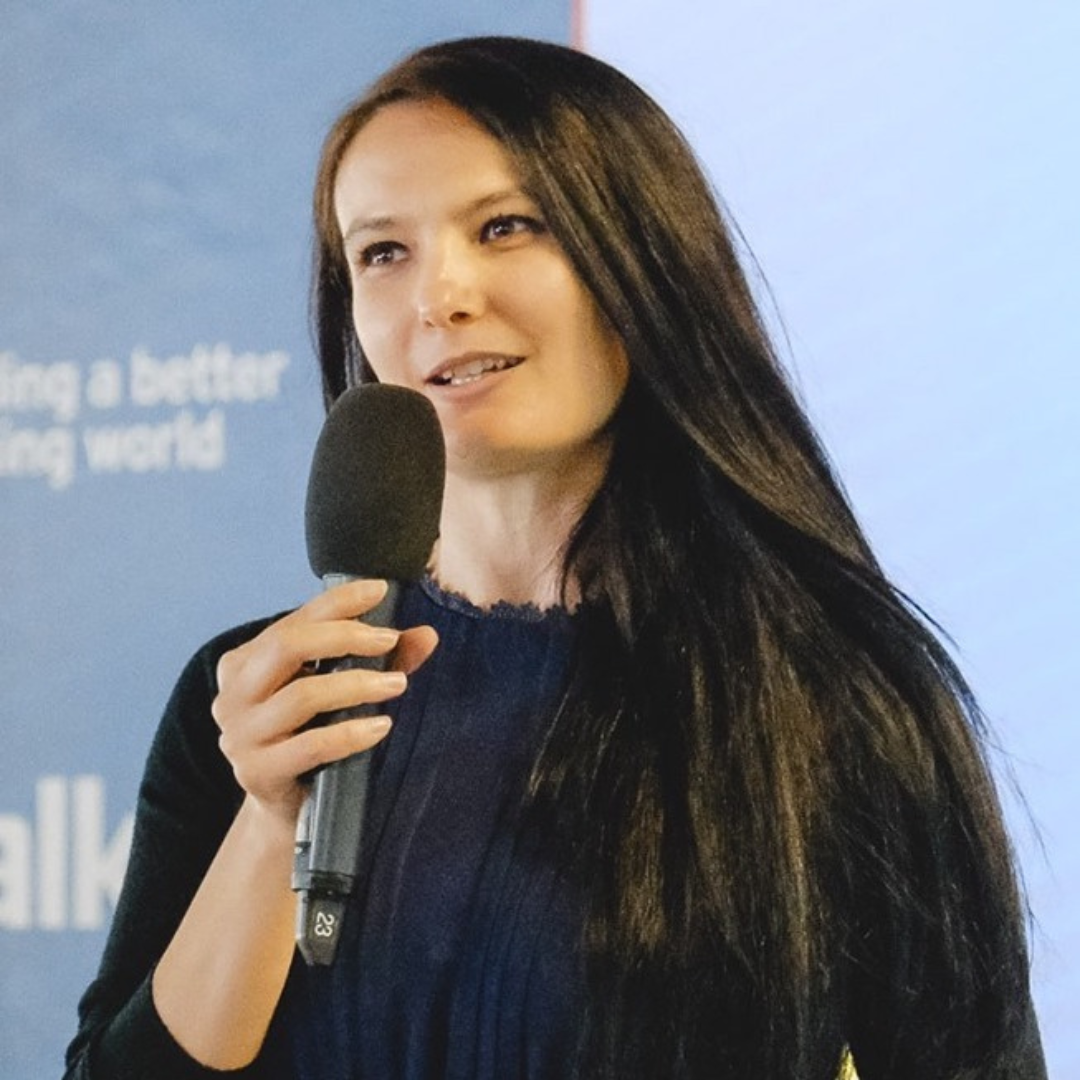
Jenni Tikkanen
life course, education, equality, comparative education, education policy, youth policy
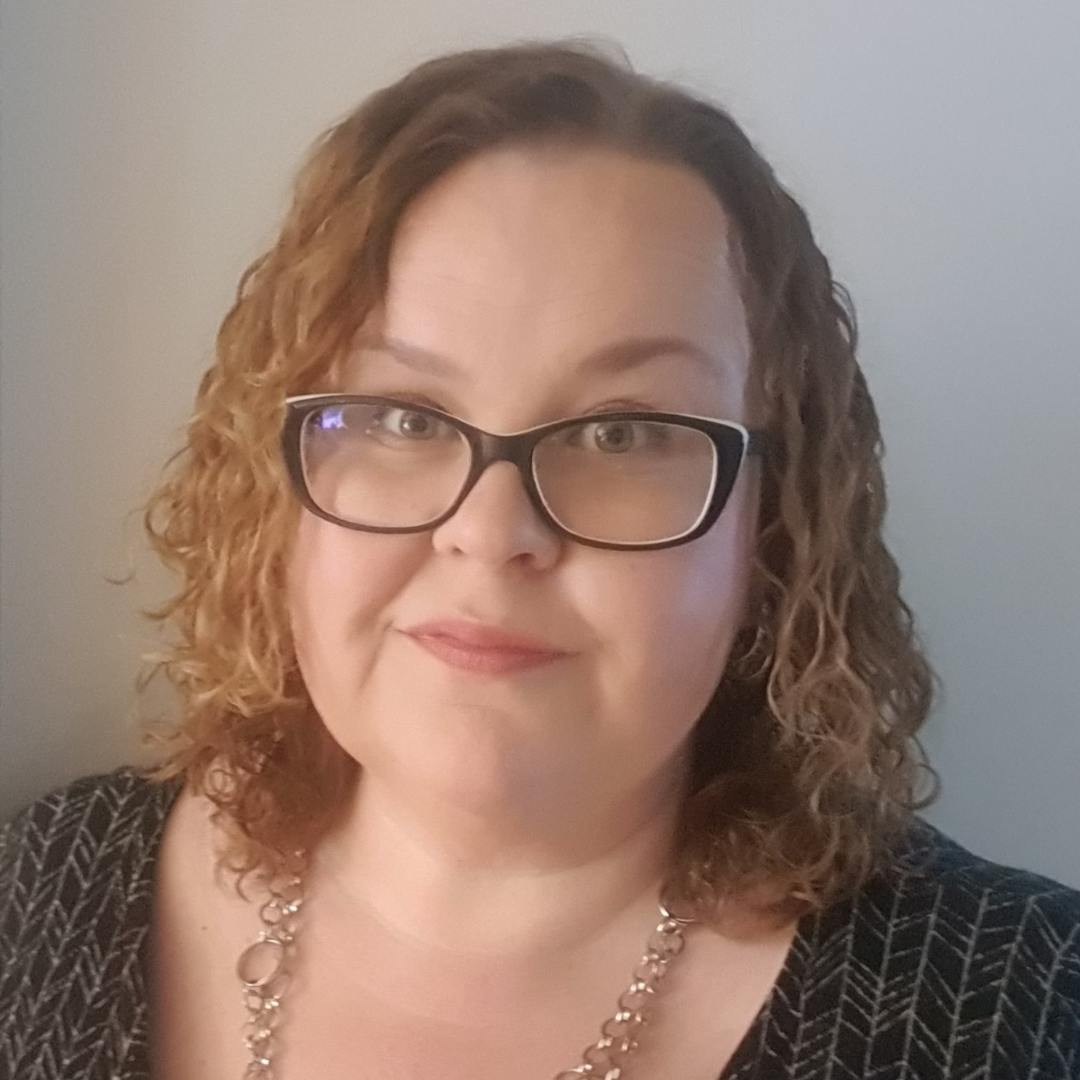
Nadia Tjahja
youth participation in internet governance, multistakeholderism, youth work, institutions
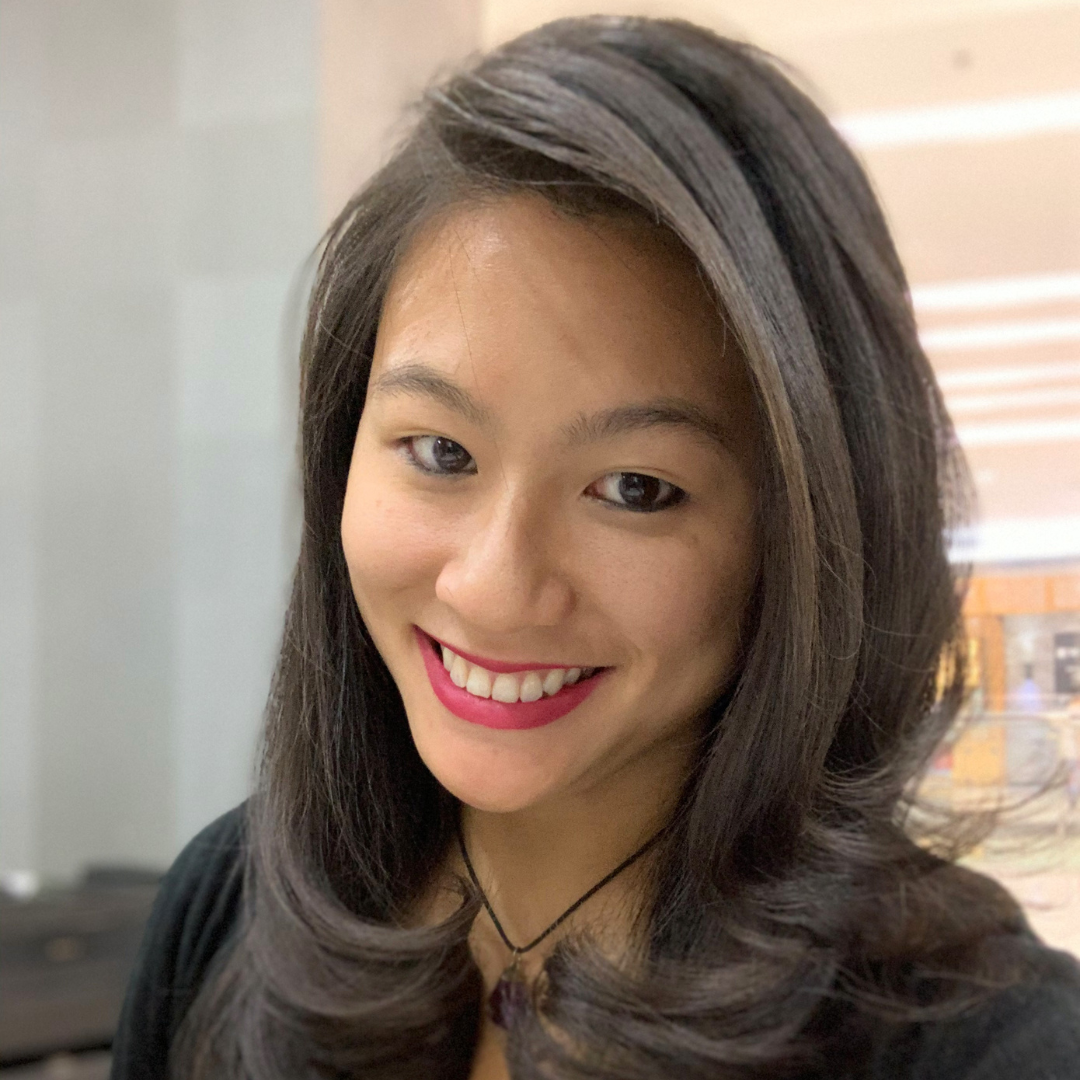
Neringa Tumėnaitė
meaningful youth participation, development justice, climate action
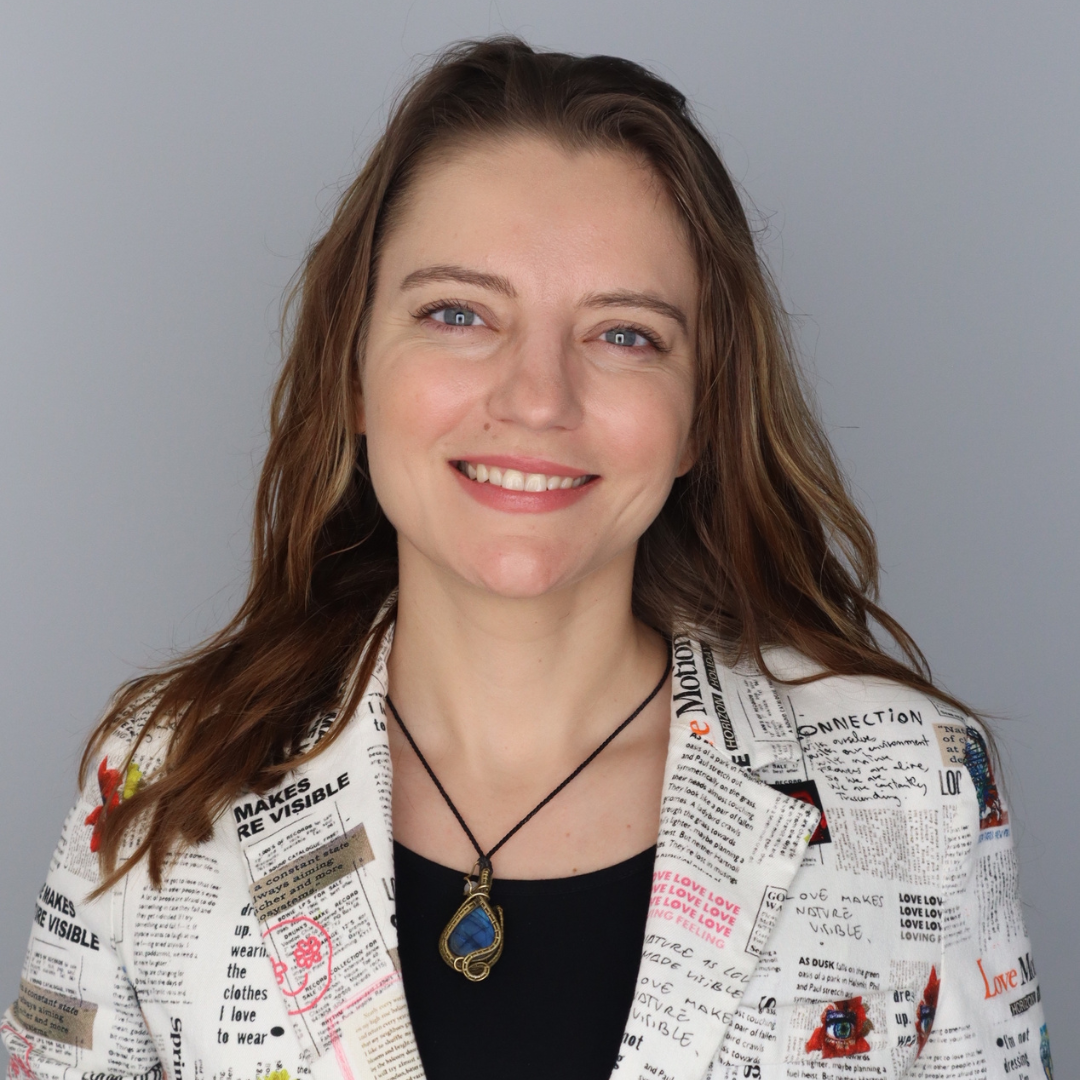
Geena Whiteman
entrepreneurship, employability, participation, gender, education
Geena is a UK-based researcher finishing off her PhD in youth digital-social entrepreneurship in the Western Balkans. She has an interest in youth employability and entrepreneurship which spans the last five years of academic and think tank research, working with organisations like the European Student Think Tank, the European Training Fund and Kosovo Foundation for Open Society to conduct research in these areas. She has developed training programmes and facilitated numerous workshops and hackathons to train young people in social entrepreneurship.
